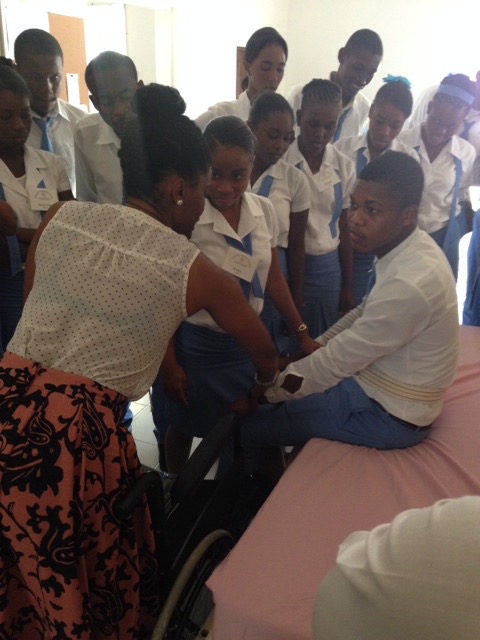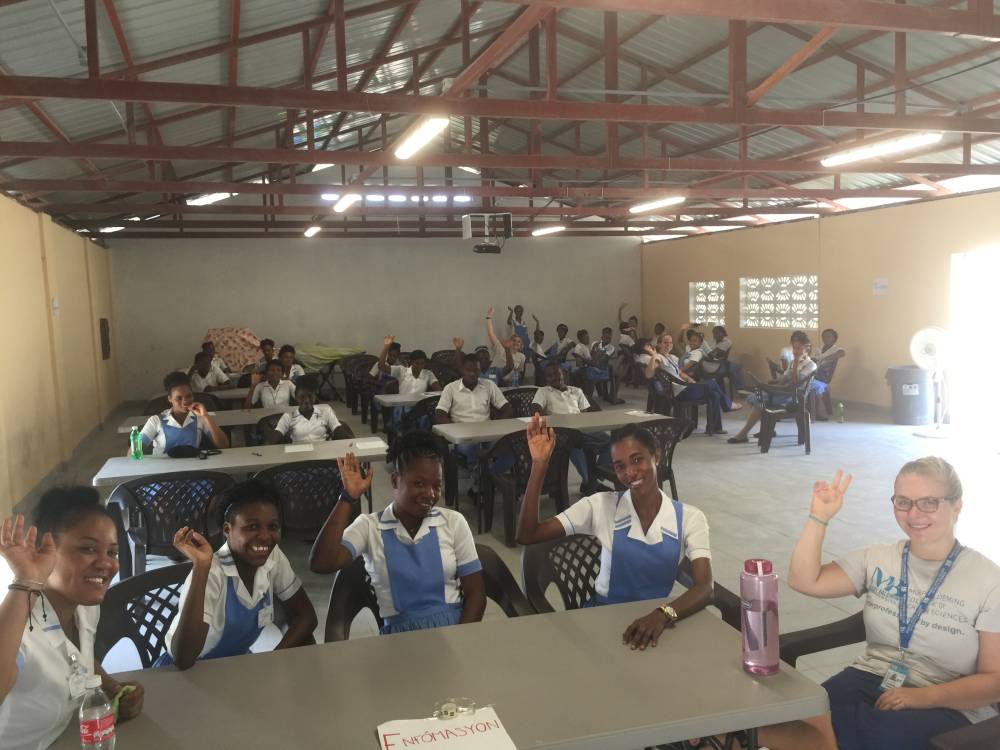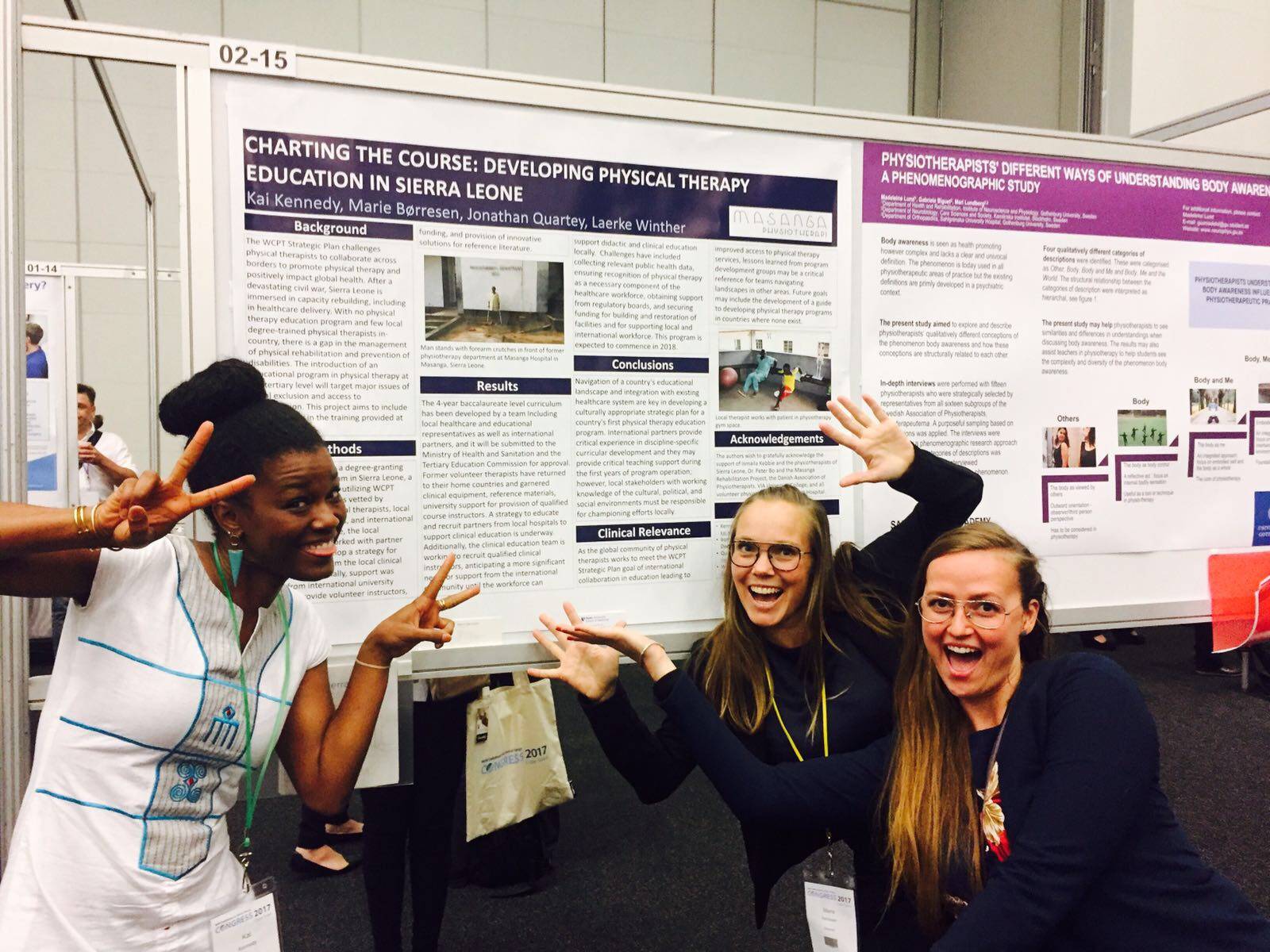Physical Therapy alum joins faculty to champion health equity

This fall, Kennedy returned to VCU as a faculty member in the Department of Physical Therapy, where she earned her doctorate in 2005. And she brought with her a mission of transforming how health care is delivered and experienced.
After a decade as a front-line clinician, she shifted her focus to academic research and teaching as a health policy and advocacy champion.
“I’ve had quite the journey across my career,” Kennedy said. That path started with following a former teacher, Lisa Schaof, Ph.D. and alum, to Mary Baldwin University, which was building a College of Health Sciences from the ground up. The campus sits in the Shenandoah Valley, in the shadow of the Blue Ridge and Allegheny mountains.
“That experience really opened my eyes to the importance of health equity and the need to integrate these concepts into how health professionals are trained,” she said.

That journey has taken Kennedy to underserved communities across the country and around the world, including West Africa, South Asia and Europe. “As I was providing care, it became clear to me that I only have two hands, and I can’t treat all the people with those two hands,” she said, “but what I can do is leave the knowledge that I’m bringing behind with other competent professionals who can carry this work forward.”
Through her work with organizations such as the Atlantic Fellows for Health Equity, she’s collaborated with colleagues to tackle issues of access and disparities in different countries and health care systems. And she is the only physical therapist in her fellowship cohort - joining other providers including nurses and physicians.
“That’s precisely why I think it’s so important for our profession to be part of this conversation,” she said. “Physical therapists have a unique perspective on health – one that goes beyond just treating injuries or illnesses. We’re focused on functional mobility, on helping people regain their independence and their ability to participate fully in their lives.”
This holistic approach to health care drives Kennedy’s passion. She recognizes that in many underserved communities, physical therapy is often viewed as a bonus, rather than a fundamental component of comprehensive care.
“We don’t view PT as a luxury at all,” she said. “We see it as a crucial part of the holistic healthcare experience, particularly when we know that access to these services can make the difference between someone being able to feed themselves, hold a job or care for their family.”

Kennedy’s research underpins her work to complete her Ph.D. in health professions education at Utrecht University in the Netherlands. Both the pandemic and social justice movements have drawn attention to skewed experiences for patients and health professions students alike - she is looking to identify how to integrate health equity concepts into practitioner training across disciplines.
At VCU, Kennedy expects to teach a range of courses, including administration and management, health systems and professional identity development. She maintains an affiliation with the University of California, San Francisco, where she previously served as associate professor and vice chair of equity in its Department of Physical Therapy and Rehabilitation Science. In addition to that role, she serves on the American Physical Therapy Association’s Academy of Leadership and Innovation, where she is chairing a group dedicated to global health.
Within the College of Health Professions, Kennedy also serves as assistant director of Interprofessional Education and Collaborative Practice, which aims to bridge the gaps between disciplines. Her specific focus is to ensure all providers understand the value that physical therapists bring to the table.
“My goal is to inspire my students to ask questions that challenge the status quo,” Kennedy said. “I want them to be well-connected, networking with leaders in our profession and beyond, and contributing to the conversations that will shape the future of physical therapy and healthcare as a whole.”